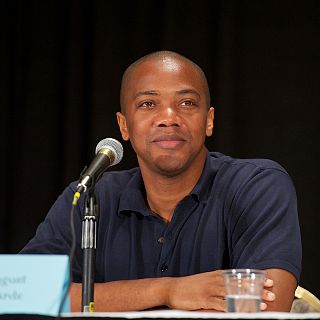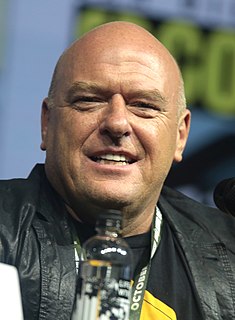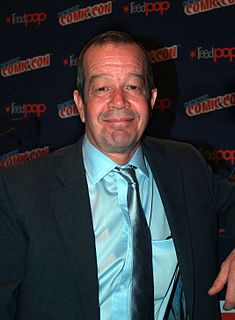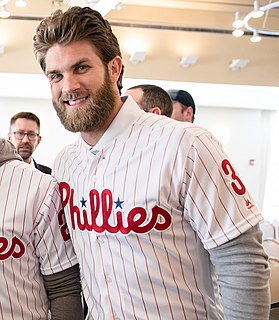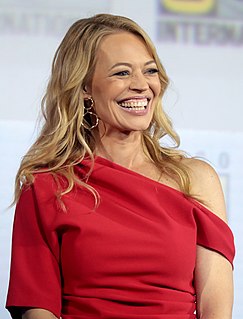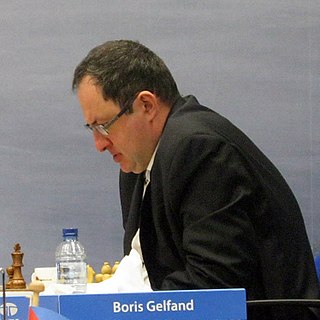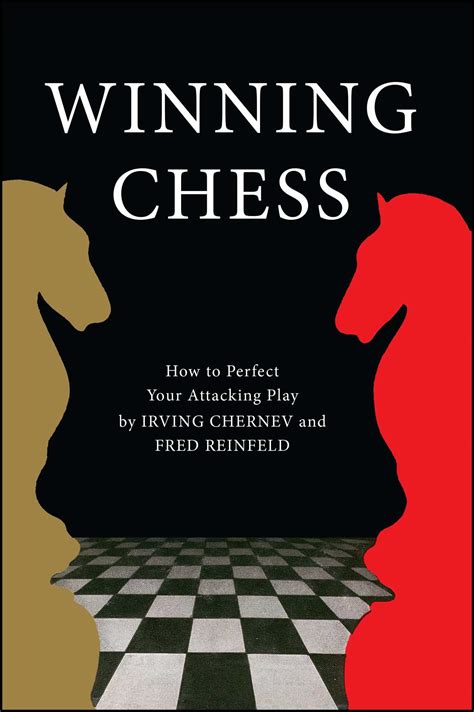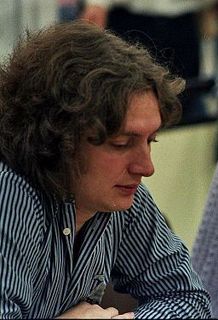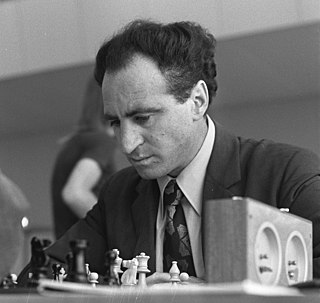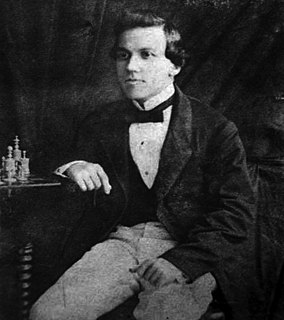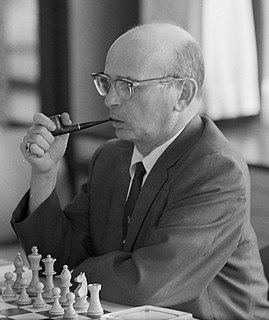A Quote by Gilberto Hernandez Guerrero
I wasn't sure what I wanted to do with my life. I always wanted to pursue either music or comics, so when the opportunity came from comics publisher Fantagraphics for my brothers Jaime and Mario and I to make a comic book together, we jumped at the chance: "Let's just do it and see what happens." Really, we weren't sure where we were going to go with it. We thought our work was good enough to be out there, but we didn't know that the response was going to be pretty good, pretty quick.
Related Quotes
I'd always enjoyed the comics more, and felt that as long as I was unemployed it would be a good chance to pursue that and see what response I could get from asyndicate, as I didn't have anything to lose at that point. So I drew up a comic strip - this was in 1980 - and sent it off and got rejected. I continued that for five years with different comic strip examples 'til finally Calvin and Hobbes came together. But it's been a long road.
I talked to people that I'd done theater with, older actors and stuff. There's a lot of people who go into the business, and they must think they're good, or they wouldn't be in it. Why do you think that you're good enough to go into the business and make money at it? So I really wanted to ask myself that question a lot. Because it was an important kind of thing that I was going to do. I really wanted to do it, I loved it, and I thought that I was good enough that I could make money at it. And that's really what it came down to.
The fact that we're at a point today where anybody, anywhere can put a comic book together and get it in front of the entire planet without spending a dime on printing and distribution - that's the good thing, and I think that's what's going to save [the comics industry]. These young people who have nothing to do with the industry we're in, just going out there and doing their own work and putting it out there, letting people respond to it.
It's a mystery to me why comics have been so despised for so long. Obviously, it has to do with the history of the medium - arising out of cheaply-reprinted booklets of newspaper strips, just out to make a quick buck, followed by mostly-crappy original work. It took a while for really talented artists to move into the comic-book world from the newspapers. It really is strange that even TV commercials got respect before comics did. I have never been able to figure it out.
There are a lot of good comics, no doubt, but as far as the quality of the comics goes, I think what you have is a bunch of situational comics - there are black comics that work only black crowds, gay comics that do only gay crowds, and southern comics that only work down South, and so on with Asian, Latino, Indian, midgets, etc. The previous generation's comics were better because they had to make everybody laugh.
I taught myself how to draw, and I soon found out it was what I really wanted to do. I didn't think I was going to create any great masterpieces like Rembrandt or Gauguin. I thought comics was a common form of art, and strictly American in my estimation, because America was the home of the common man - and show me the common man that can't do a comic. So comics is an American form of art that anyone can do with a pencil and paper.
More and more, I tried to make comics in the way I like to read comics, and I found that when I read comics that are really densely packed with text, it may be rewarding when I finally do sit down and read it, but it never is going to be the first I'm going to read, and I never am fully excited to just sit down and read that comic.
He's a funny man, Dumbledore. I think he sort of wanted to give me a chance. I think he knows more or less everything that goes on here, you know. I reckon he had a pretty good idea we were going to try, and instead of stopping us, he just taught us enough to help. I don't think it was an accident he let me find out how the Mirror worked. It's almost like he thought I had the right to face Voldemort if I could.


